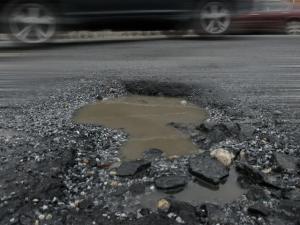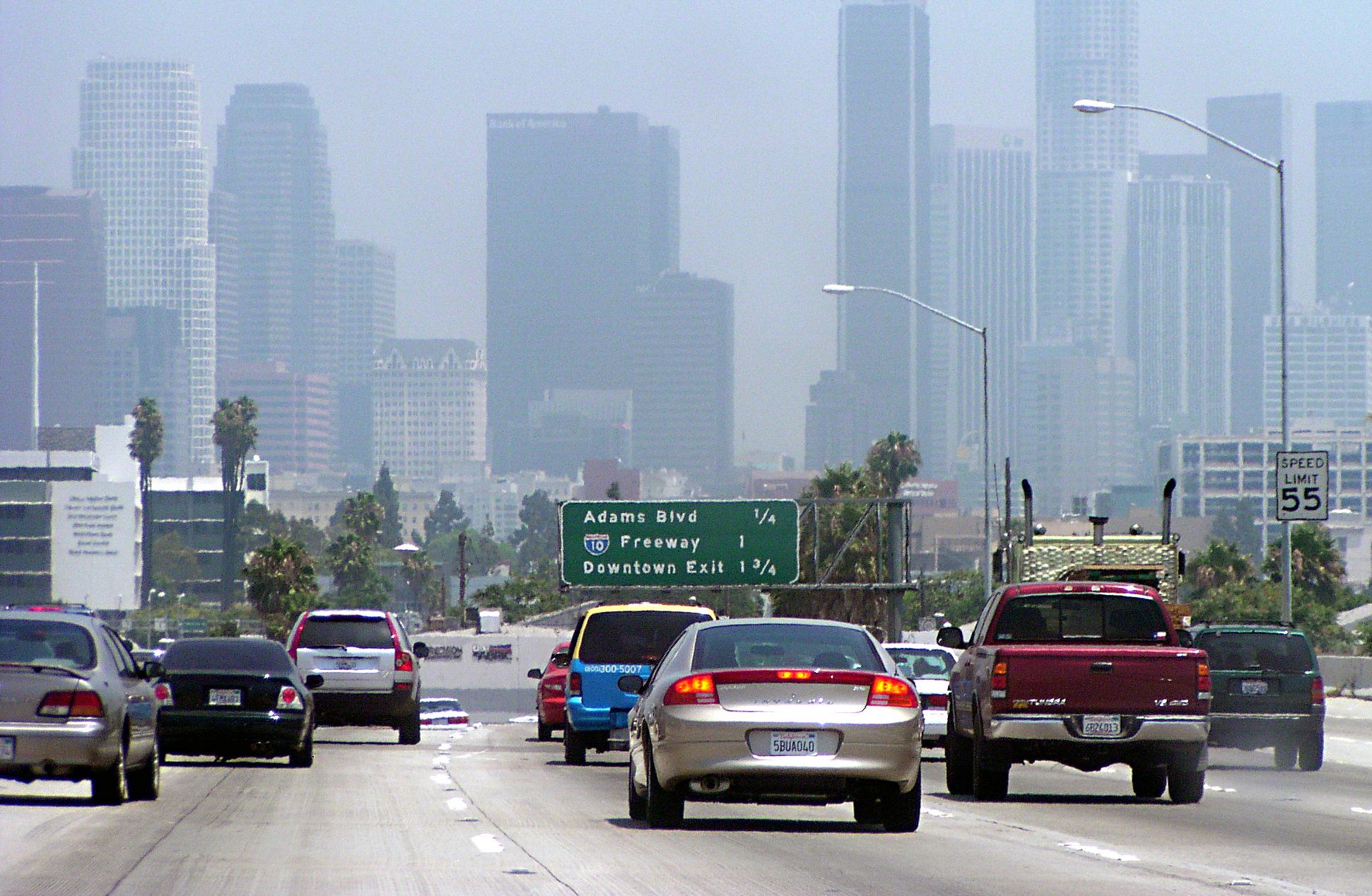The way Texas throws around money for highways -- $5.2 billion for a third outer-belt for Houston, $2 billion for Dallas' eighth downtown highway -- you would think TxDOT was running over with cheddar. This is a state, need we remind you, that "found" $350 million for a stalled highway project local leaders freely admit was designed to encourage sprawl, not solve any pressing mobility problems.

But the Lone Star State is on a crash course toward a big infrastructure crisis, according to a new report from TRIP [PDF], a think tank supported by road builders, insurance agencies and other interest groups.
In 2010, the group reported, 18 percent of Texas' urban roads were in "poor" condition -- in need of replacement -- and 27 percent were in "mediocre" condition -- in need of resurfacing. Three percent of the state's bridges were "structurally deficient" and another 15 percent were "functionally obsolete."
The group estimates that road conditions contribute to one-third of all traffic fatalities and serious injuries. In addition, poor road conditions cost the average Texas driver $400 annually in repair costs, or $6.1 billion statewide, annually. And the toll is worse in metropolitan areas, according to the group.
"Because maintenance is just not sexy with the voters, public officials have decided to spend that money on expansions and new facilities, new capacity," said David Crossley, of the smart growth think tank Houston Tomorrow. "TxDOT, while complaining it doesn’t have enough for proper maintenance of the existing system, has nevertheless embarked in earnest on the social engineering project that is SH99, euphemistically called 'The Grand Parkway,' which is intended to open up new land for sprawl development at the very edges of the region. That’s a $6 billion project."
Texas itself has estimated that $9.9 billion is needed annually just to maintain the state's current road network and "keep congestion at 2012 levels." But the state will have just $2.6 billion to spend annually following 2013, according to TRIP.
"Texas faces a significant funding shortfall in the amount needed just to maintain the transportation system in its current condition, let alone make needed expansions or undertake six new projects," study authors wrote. "Unless transportation funding is increased at the local, state and federal level, Texas’ roads and bridges will become increasingly deteriorated and congested."
Texas' approach to its funding shortage seems to be business as usual, with a side of tolls. Which seems like a less than ideal strategy in a state where the population is expected to grow by 45 percent by 2030.
Maybe Texas could start by not spending tax money to build new highways for private companies and not putting monied interests in charge of the highway planning process.
Crossley has another suggestion: "a serious regional transit system." The board of Houston's transit agency, Metro, has been handing over one-quarter of its revenues for the past 35 years to road projects. That amounts to about $2.7 billion transferred from transit to roads. And what does Texas have to show for it? Potholed and congested roads and an ever-shrinking pot of money to fix them.





